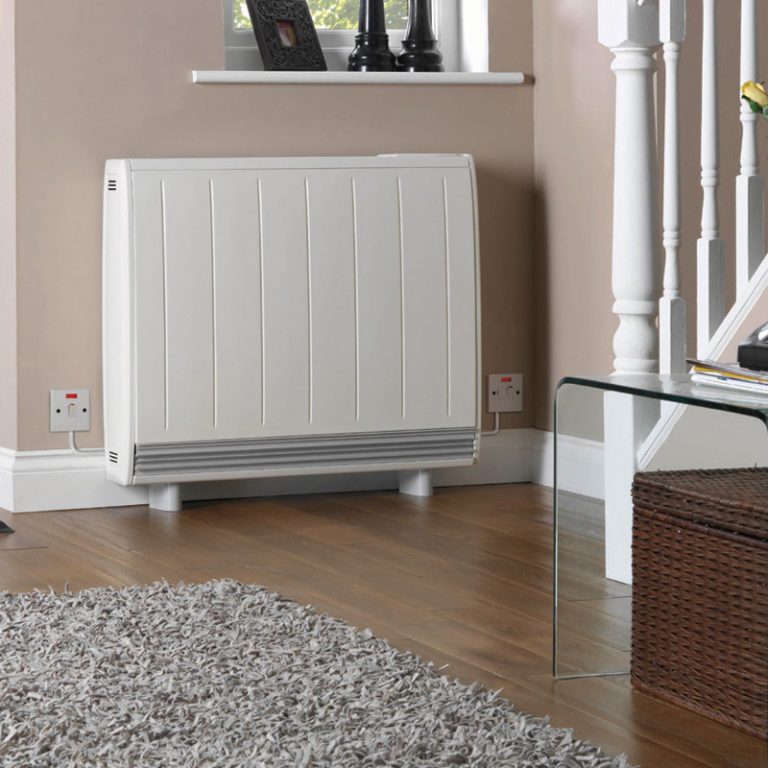During the colder months of the year, your home’s heating unit provides an essential service. Without it, your home would quickly become uncomfortable and even unsafe. But unfortunately, many homeowners are making a few simple mistakes that result in overworking their heater. This excessive workload can lead to costly repairs, an uncomfortably cold house, or even the unit’s destruction. But as mentioned, these mistakes are all relatively simple to avoid. And by following just a few tips, you can enjoy added comfort in your home in the winter months, lower utility bills, and a longer life expectancy for your heater.
Constantly Heating
Years ago, there was no choice but to set your home’s temperature on the thermostat and live with it. The furnace ran 24/7 or at any time all day and night to maintain the temperature you had set on the thermostat. And as a result, your home was toasty warm even when the house was empty. And as you can imagine, that process wasted a great deal of money on utility bills. And over several years of operation, it took its toll on the heater. The unit was cycling literally for six months of the year or more without a break, depending on the region.
Technology has offered us many advances in HVAC systems. And one of the most beneficial is the programmable thermostat. It allows for variations in your home’s temperature depending on the time of day and use of your home. When you are away at work and school, the temperature can drop several degrees. This not only saves you money on your utility bill, but it gives the heater a break from such frequent operation. And the same is true at night when everyone is sleeping. When you do the math, you find that you can reduce the peak operation of your home’s heater to about eight hours a day rather than 24.
The Loss Of Warm Air
You would never leave the door open and allow heated air to escape from your home. But if you have gaps around doors and windows, cracked windows, or inadequate insulation in your home, the result is the same. The air that you are paying to heat is escaping through all of these tiny leaks. Adding insulation, repairing damaged windows, and fixing gaps in doors and windows can eliminate this heat loss. And in turn, it will substantially decrease the workload placed on your home’s heater.
Blocked Vents
Your home’s even heating depends on all of the vents throughout the house. When some of the vents are closed or blocked by furniture, it creates pressure build-up inside the ductwork. And that pressure, in turn, adds to the stress placed on the HVAC blower. The other issue that blocked vents create is poor warm air circulation in your home. And when that happens, some spaces feel colder than others. Undoubtedly, when you notice these cooler rooms or areas, you turn up the thermostat. And that engages your heater more frequently. But sadly, even with the heater running more often, your home will still have cooler areas. And you will see an increase in your heating expenses. Before you turn the heat up, check to ensure that all of your HVAC vents are clear of furniture and open to maintain airflow and balance.
If you are experiencing issues with your home’s heater that cannot be solved by opening doors and vents, or eliminating air leaks, call (512) 910-8123. The pros at Parobek Plumbing are here 24/7 to assist you with any heater issues you are experiencing.




